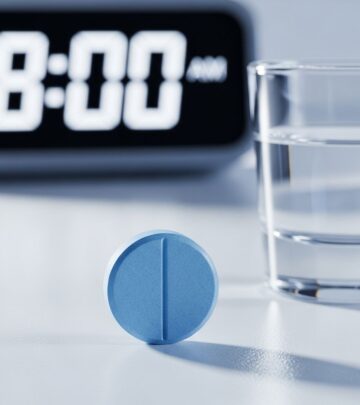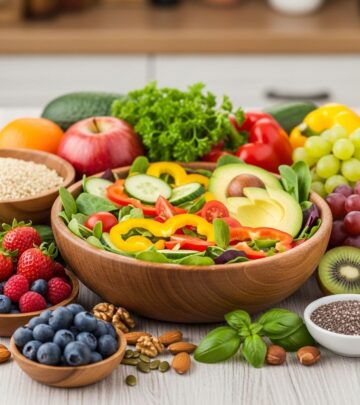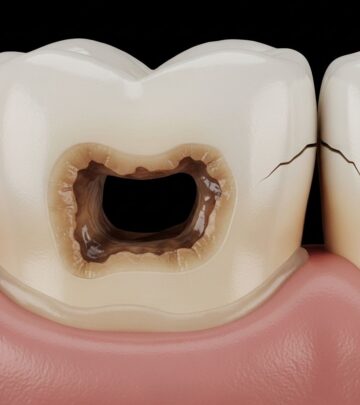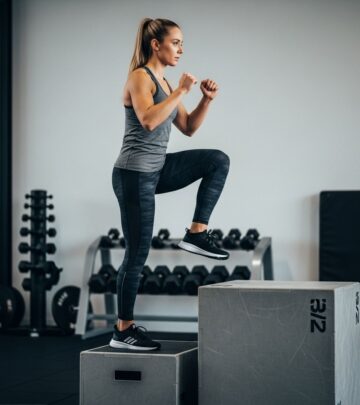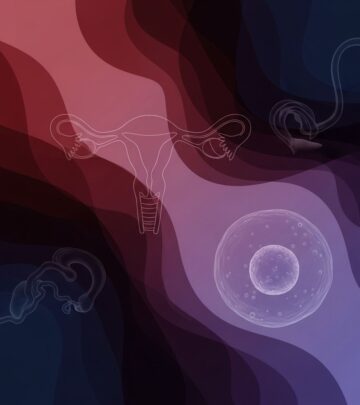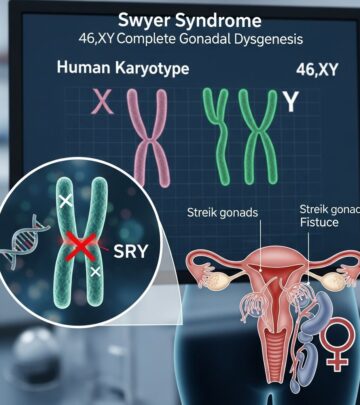Iron: Essential Mineral for Health and Well-being
Discover iron's crucial role in producing red blood cells, dietary sources, recommended intake, deficiency risks, and safe supplementation.
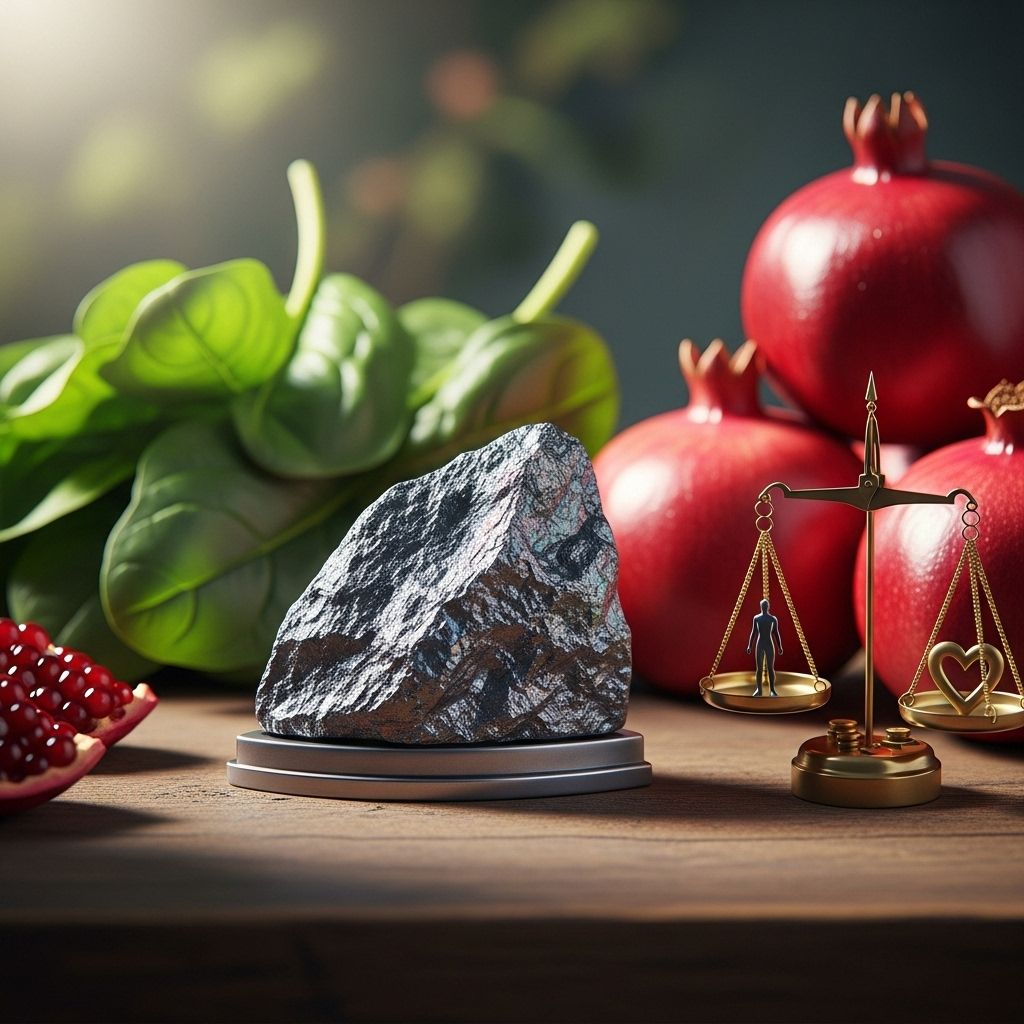
Iron
Iron is a vital mineral that plays a central role in keeping the body healthy by enabling the production of red blood cells. These cells transport oxygen from the lungs to all parts of the body. Without sufficient iron, the body can’t produce enough healthy red blood cells, which can lead to a condition known as iron deficiency anaemia. In this guide, we explore why iron is essential, the best dietary sources, recommended intakes for various groups, what happens if you have too little or too much, and the safest approach to supplementation.
Why Iron Is Important
Iron is a key component of haemoglobin, the protein in red blood cells that binds and transports oxygen throughout the body. This makes the mineral crucial not just for physical vitality but for every cell’s ability to function properly.
- Haemoglobin formation: Iron is needed to make red blood cells, which transport oxygen to organs and tissues.
- Enzyme function: It assists in numerous enzyme reactions that influence metabolism and energy production.
- Brain development: Iron is critical for normal brain development, particularly in infants and young children.
- Hormone production: Certain hormones depend on iron for their synthesis.
Because of its extensive role, iron deficiency can affect multiple body systems, resulting in a variety of symptoms and long-term health consequences if not addressed.
Good Sources of Iron
Iron can be found in both animal and plant foods. Animal-based iron (haem iron) is better absorbed than plant-based (non-haem) iron. Eating a diverse diet can help ensure adequate intake.
- Liver: Contains a high concentration of iron, but should be avoided in pregnancy due to high vitamin A content.
- Red meat: Beef, lamb, and pork are rich in easily absorbed haem iron.
- Poultry and fish: Good sources, though with lower iron levels than red meat.
- Beans: Kidney beans, edamame beans, and chickpeas offer plant-based iron.
- Fortified breakfast cereals: Many brands add iron to support dietary intake.
- Soybean flour: A versatile source that can be added to various recipes.
- Nuts and seeds: Almonds, cashews, pumpkin seeds, and more.
- Dried fruit: Options such as apricots and raisins are particularly rich.
- Dark-green leafy vegetables: Watercress, kale, and others; note that some like spinach also contain compounds that hinder iron absorption.
Additional Tips: Whole grains (such as brown rice) also contribute some iron, but substances like phytates, found in some grains and legumes, can reduce absorption. Tea and coffee contain polyphenols that inhibit iron uptake, particularly if consumed with or shortly after meals.
How Much Iron Do You Need?
Iron requirements vary depending on age, sex, and physiological status. The following table reflects recommended daily amounts for adults in the UK:
| Group | Recommended Daily Intake |
|---|---|
| Men (19 years and over) | 8.7 mg |
| Women (19–49 years) | 14.8 mg |
| Women (50 years and over) | 8.7 mg |
Women who continue to menstruate after the age of 50 may still need higher levels similar to younger women.
For most people, a well-balanced diet provides all the iron the body needs. However, certain circumstances increase requirements or the risk of deficiency:
- Women with heavy periods: Larger blood loss can raise the risk of deficiency; supplements could be needed under medical supervision.
- Pregnant and breastfeeding women: These stages require close monitoring of iron status, as need increases for the baby’s growth and development, although supplementation should only be taken if advised by a doctor.
- Infants, children, and adolescents: Rapid growth phases may require more dietary iron.
- Vegetarians and vegans: Non-haem iron is less efficiently absorbed, so careful dietary planning is important.
If unsure about your iron status or requirements, consult a GP or a dietitian for personalized advice.
Iron Deficiency and Anaemia
Iron deficiency anaemia is a condition in which too few healthy red blood cells are produced due to a shortage of iron. Without treatment, it can lead to a range of symptoms:
- Tiredness and fatigue
- Pale or sallow skin
- Shortness of breath
- Increased susceptibility to infections
- Brittle hair and nails
- Heart palpitations
Left untreated, iron deficiency poses a risk to all major organs and can impact quality of life. Children with untreated deficiency can experience developmental delays and behavioural problems.
If you’re experiencing unexplained fatigue, persistent weakness, or any of these symptoms, see your GP for evaluation and advice.
Who Is at Higher Risk of Iron Deficiency?
- Women with heavy menstrual periods
- Pregnant women
- Infants and young children (especially preterm or low birth weight babies)
- Vegetarians and vegans
- People with certain chronic illnesses (such as inflammatory bowel diseases)
Specific recommendations for iron supplementation exist for at-risk groups, especially infants with low birth weight. Evidence indicates that early supplementation can reduce the risk of deficiency, anaemia, and even behavioural problems in later childhood.
Iron in the Diet: How to Improve Absorption
Dietary factors strongly affect iron absorption:
- Haem vs. non-haem iron: The body absorbs haem iron (from animal foods) much better than non-haem iron (from plants).
- Vitamin C: Consuming vitamin C-rich foods (such as citrus fruit, peppers, strawberries) with iron-containing meals enhances absorption of non-haem iron.
- Phytates: Found in whole grains and legumes, these can bind to iron, making it less available. Soaking, fermenting, or sprouting may reduce phytate content.
- Calcium, polyphenols, tannins: High intakes of dairy, tea, and coffee can inhibit iron absorption if consumed with or soon after iron-rich meals. To optimise absorption, avoid tea and coffee with meals.
Iron Supplements: When and How to Use Them Safely
In most cases, a balanced diet supplies all the iron you need. But supplementation may be necessary for some individuals, always under the advice of a healthcare professional.
Safe levels: Supplements providing up to 17mg of iron daily are unlikely to cause harm in healthy adults. If your doctor has advised a higher amount, continue only as recommended.
Causes for supplementation:
- Diagnosed iron deficiency anaemia
- High-risk groups unable to meet needs through diet alone
- Severe or chronic medical conditions impacting iron metabolism
Always keep iron supplements out of reach of children, as accidental overdose can be fatal.
What Happens If You Take Too Much Iron?
Iron is essential, but consuming excessive amounts—especially from supplements—can be very harmful.
- Side effects may include constipation, nausea, vomiting, and stomach pain.
- Very high doses are toxic and can be fatal, particularly for children.
Stick to recommended doses unless your doctor instructs you otherwise. Prolonged high intakes may also, in some people, cause organ damage in the long term.
You should not routinely take iron supplements unless you need them; unnecessary supplementation can do more harm than good.
Department of Health and Social Care Advice
- Most people should be able to get all the iron they need through a varied, balanced diet.
- If you do use supplements, avoid exceeding 17mg of iron daily unless medically advised.
- During pregnancy, do not eat liver or liver products due to excessive vitamin A, which can harm the unborn baby.
- Limit intake of red and processed meats as part of cancer risk reduction.
If you are uncertain whether you need a supplement, consult your GP or a registered dietitian.
Frequently Asked Questions About Iron
What are the main symptoms of iron deficiency?
Common symptoms include feeling unusually tired, pale skin, shortness of breath, frequent infections, brittle nails, and heart palpitations.
Who is at most risk of iron deficiency?
Those at highest risk include women with heavy periods, pregnant women, infants, young children, vegetarians, vegans, and people with certain chronic illnesses or digestive disorders.
Can I get enough iron from a vegetarian or vegan diet?
Yes, with careful planning. Beans, lentils, chickpeas, nuts, seeds, leafy greens, and fortified cereals can all contribute, but improving absorption with vitamin C-rich foods is important.
Is eating liver a good way to get iron?
Liver is a highly concentrated source of iron, but should not be eaten during pregnancy or in large quantities by anyone due to its high vitamin A content.
Do tea and coffee affect iron absorption?
Yes, both contain substances that can reduce iron absorption. Avoid them at mealtimes to maximize iron uptake.
What should I do if I think I might have iron deficiency?
Speak to your GP for advice, as a blood test can determine your iron status and the best treatment pathway.
Key Takeaways
- Iron is vital for red blood cell production and overall health.
- Adults have differing iron requirements, with women of childbearing age needing more.
- Good dietary sources of iron are crucial, but over-supplementation is harmful.
- Consult a healthcare professional before taking iron supplements.
- High iron intake from supplements can cause serious health risks, especially in children.
For further guidance, consult your GP or a registered dietitian, especially if you fit into an at-risk group or have symptoms of deficiency.
Read full bio of medha deb

